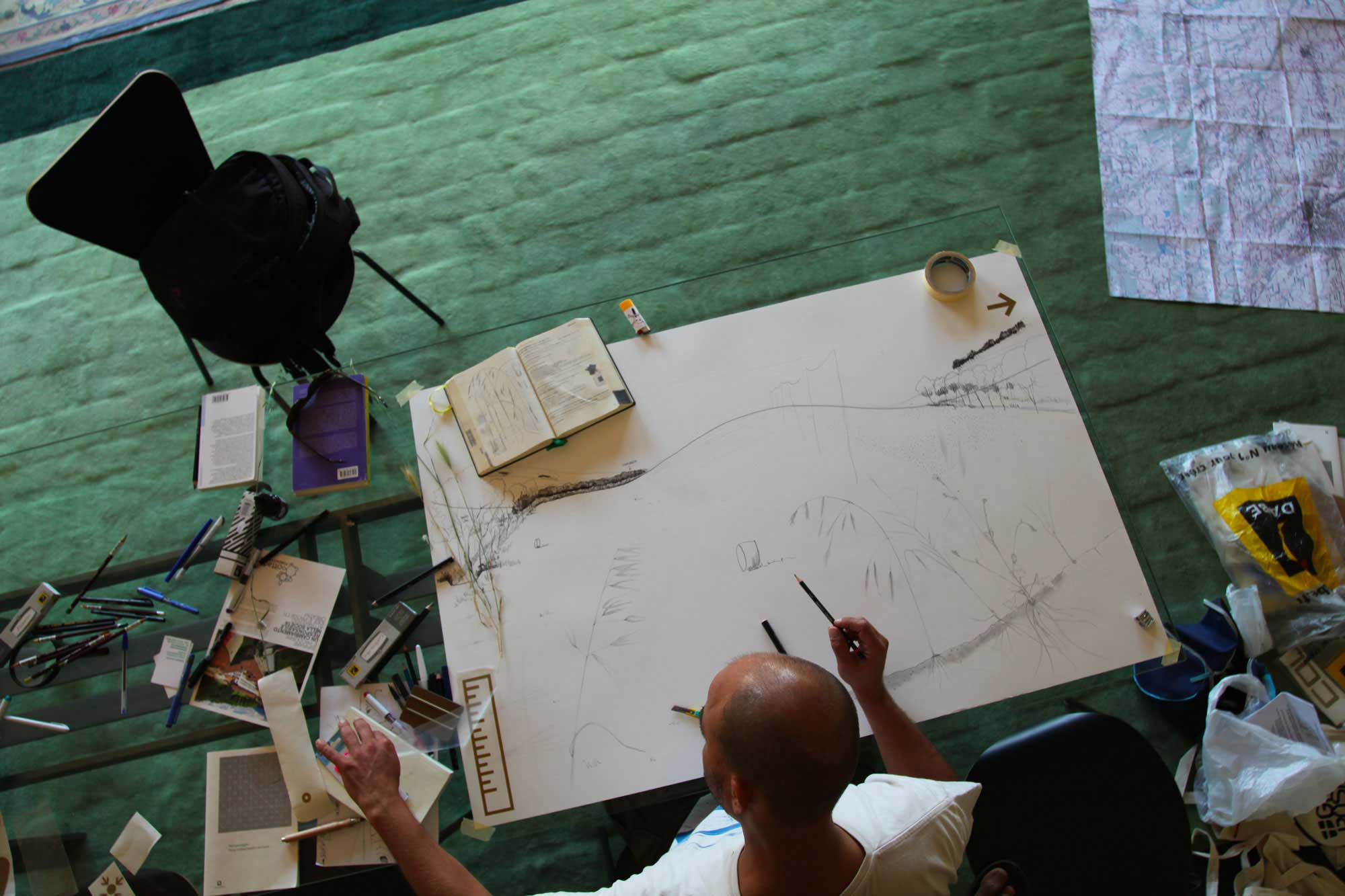| Una vita bio
Seeding biodiversity
Urban vegetable growing works are multiplying: green pieces saved from concrete and daily nurtured among buildings, tanks cultivated on terraces and roofs, shared vegetable gardens in the neighbourhood and in the farming parks near the cities. Knowing where the seeds that give us our food come from, learning how to cultivate vegetables and fruit, exchanging seeds with other members in the community are the most popular activities, even among the youngest. The shared networks, the groups of citizens that meet in the vegetable gardens at lunch break are signals that Italians are reevaluating the land, in the country and in the cities. They want to know, to learn. Terre Rurali d’Europa and Rete Rurale work to recover indigenous wheat species and cross them with those coming from other countries. The Facebook group #unortoamilano and the website permacoltura.it, are just two of the many active entities that have thousands of aficionados. «Before 2000 exchanging seeds produced in one’s own land could be heavily fined. The only allowed seed species were the permanent ones, subject to ministerial clearance», they explain. In 2010, on the occasion of the EU’s conference on biodiversity, the Italian government subscribed to the Strategic Plan for Biodiversity 2011-2020 and to the Aichi targets, later confirmed by the Gangwon Declaration (Korea, 2014). The ISPRA Environment Data Annual Report help outline its features (isprambiente.gov.it). «Since then the known wheat species have increased from 5 or 6 to 110. Many bakeries, in Apulia, Tuscany and Sicily are using them. But this is just the beginning. Who knows whether the “food policies” will realize that we are protecting biodiversity while helping the decrease of carbon, an additional contribution to face the climate change».
Giuliana Zoppis

